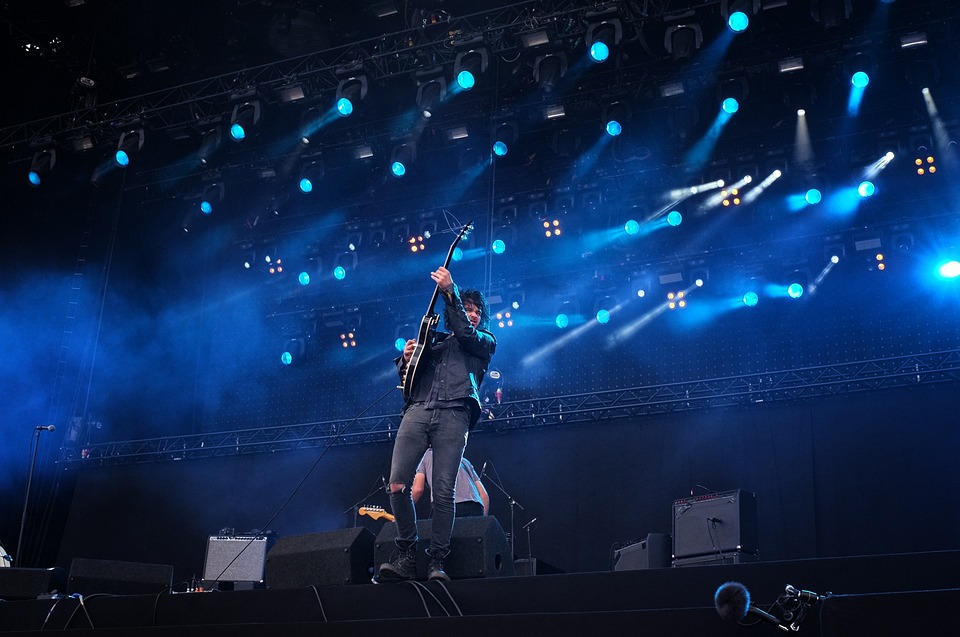Boom! There it is (again), this disturbing crowd armed with clubs. Lighting torches, brandishing pitchforks, supporting progress like the rope supports the hanged man. We will remember, she had already caused misery to Galileo and it is regularly, full of hatred as well as ignorance, that we see her in the Simpsons attacking everything that resembles good sense. Since the last time, we can say that we didn’t miss her. Remember, these were barbaric practices that could not be revisited (and again!) in the interest of animal welfare without being called Islamophobic, or something like that. But, you will tell me, these people can say what they think! It’s their right! OK, no need to convince me on that. Let’s stay on the question of rights by talking about the right to education because it is clear that some of these terrible jokers will have taken the next step by burning down schools. And, at the risk of seeming a bit belligerent to you, I see it as a declaration of war. Against who? You, me, us. Finally, our society as a whole since declared to its laboratory and its favorite anteroom: the school. But, I am perhaps going a little far given that even the decapitation of a teacher, these days, with a little victim lexicon, it is put into perspective.
Faced with this lively and distinguished crowd, we first find those stunned, not to say naive. They really didn’t see ANYTHING coming. But yes, strange unidentified flying object that this retrograde stiffening. “Where did he sneak in? No doubt he made his way in while we were discussing the sex of angels? In any case, it is now more common, in living rooms where one allows oneself to think, to ogle one’s forelock than to watch the back door.
Next to it, you have the fascists. We could do without them too. Especially when they try to be buddy-buddy. Whatever the subject, from their point of view all fights are good as long as they can eat the veil and the djellaba. What bothers them is not really that women’s rights, for example, are violated, no. It’s because young dark-haired people listen to music too loudly and an illicit smell of Ras el-hanout floats in the air. “Because in my time, it smelled of marjoram and I can tell you that Huguette was sweet!”
In the background (because they feel really bored at the moment…) there are the defenders of good. Those who always need victims to save to find a place on the right side of morality. Well yes, for them it hurts. They were on the verge of appearing in the history books as resistance fighters against our fascist state. No luck. Not only do their favorite instruments/victims demonstrate against good (apparently, they weren’t too keen on mixing tolerance and homosexuality in the same sentence) but, IN ADDITION – you’ll see, it’s hilarious – they are doing alongside very Caucasian conservatives who, in the past, had already rebelled quite a bit against the right to abortion and other nice things. Stop the machines, living together is out of fashion. Hating together is faster and above all more effective. In any case, it reconciles quamis and corduroy more easily and that’s a find!
Let’s ignore those who don’t care (there are too many of them) and, in a corner, divided, you will find the secularists, the real ones… as united as the former Yugoslavia. Don’t make me say bad things about them, I’m one of them! But it’s true that it must be said that between the naive people who move around like kids whose schoolbags are being extorted, the fascists who file their teeth with bayonets, the virtuous who caress their narcissus in a corner , the unconscious people who throw bread to the ducks and the secular people who always look under the microscope at the train that is coming straight at them, it makes you want to slam the door.
“But, this text has passed, what more do you want?” Yes, I admit it, the text has been passed and I am delighted that toddlers, of all origins (I see you coming, smart kids), can hear at school what is not always said at home. “Man has no authority over women”, “Homosexuality is normal”, “When it’s no, it’s no”, take your pick, there are plenty of them. Hear it and above all acquire the skills accordingly. With all due respect to the fervent defenders of the sacrosanct privilege of parents to address these questions – while charging the school mule for everything else – it is in favor of greater equality that this knowledge must be taught fairly. Equality for each and everyone to benefit from the same relational codes in their approach both to themselves and to others. No differentialism, even if it is shrouded in sacredness, could serve as a stepping stone to the creation of second-class citizens, citizens who have not been provided with their own instructions, instructions necessary for all life in Company. What better way, moreover, to create ghettos than to leave the transmission of such societal values to the discretion of family units. These principles do not concern exclusively these cells but the entire organism, if it wants to be viable and are all common denominators going far beyond the interests of egocentric particularisms.
Yes, EVRAS was supported. Well played guys. Shall we send the end credits? No. This would ignore the underlying problem. Because, if a text that nothing should have prevented has indeed been saved – yay! – lukewarm is the mobilization today to denounce the incredible and violent reactions that this will have provoked. Here we are relieved, satisfied to have defended what was nothing other than the obvious. Champagne, then. Enough of naivety. Considering this outcome as a victory would be like believing that the Dreyfus affair was enough to defeat anti-Semitism. Isn’t it time to name things rather than being afraid of them again and again? What is this news if not the snapshot of a growing problem, the composite portrait of an identity rage and a religious entryism which progress hand in hand, doors opened by some and reverences made by others? others. Intolerance, the one of which we all tremble at being accused, a stinking lackey bringing discredit and denouncing those who are accused of it, there it is. Once distinguished, let’s not stop there and let’s not be afraid (especially!) to name it.
How much longer will we, feeling more guilty than guilty, play with soft stomachs, lower our heads and look at our shoes? The first step was semantic and infiltrated all sectors, particularly institutional. The next will use institutions to impose differentialism that is uninhibited because it is legal. Let’s stop feeding the crocodile, giving in, thinking of calming this steamroller.
Let’s do better than defend ourselves, let’s act! Let’s invest in the land in solidarity. It is almost not too late to install strict neutrality in public services and transmit to young people the knowledge and taste of this treasure wrested from obscurantism at the cost of so much effort: Secularism. A secularism to be included in our Constitution. Right now!
The time has come to unite and come out of the woods. Rest assured, not to burn down schools, no. To invest them.














